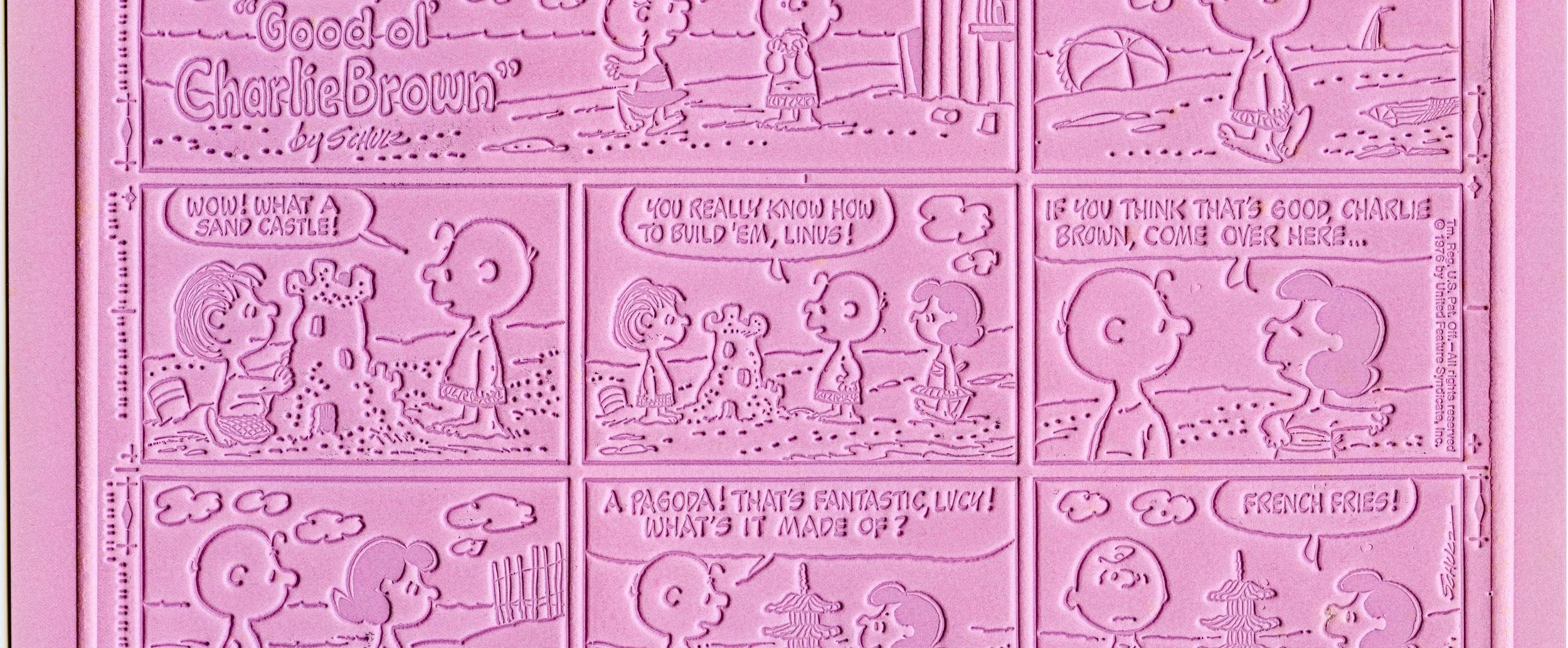Let's say that in a few years, a unique form of telepresence becomes practical in which implants or worn optical devices allow signals from the optical nerve to be transmitted digitally or recorded so that others can watch live or on playback what you see. The auditory nerve would also be tapped. This combination would offer a direct sensory relationship allowing a true sense of being there. It might also cause some nausea.
By simple extension, what happens when the recording person puts on an album, flips on the radio, walks past an advertisement, watches a movie, reads a book, or hums to themselves a Bee Gees song? Their implant seizes up, lights flash, a banner scrolls across your eyeballs, Content Suppressed Due to Compliance with the Consumer Broadband and Digital Television Promotion Act (CBDTPA).
This isn't science fiction. This is near-term reality taken to its logical and necessary extension. Our very fields of vision could be censored - and let's be clear that this is censorship, as the government is regulating the suppression of media in a venue, regardless of whether this is at the behest of the artist, an industry, or other interests.
Who owns my field of vision? Congress is about to codify that I don't in more ways than one. Michael Fraase writes a remarkable and thorough analysis. Copyright is too valuable a resource to be held in perpetuity in the hands of corporations.
Michael focuses on both the consumer and producer side of the equation, explaining Europe's moral rights in creative works. U.S. law is converging on making it very easy for media copyright owners to restrict a creator's ability to make an honest dollar from their work. Most creative types (include yours truly) don't make fortunes; they make livings. The current law and upcoming changes simply make that harder and harder.
____ _____ said something today that I'll be quoting til my deathbed: Knight-Ridder and its inventions are the overhead we tolerate to find out what Dan [Gillmor] thinks. The structure exists to support the talent. Dan is the talent.. When you boil down all the crud about packaging, repackaging, synergy, and overhead, the bottom line is a guy or gal with a pen, a piano or computer keyboard, a brush, an instrument, a chisel, a voice.
